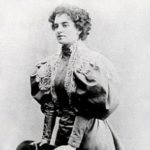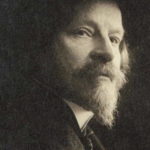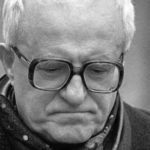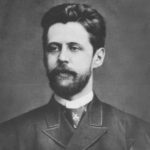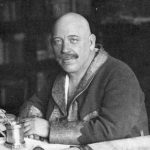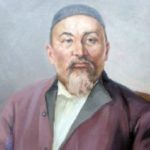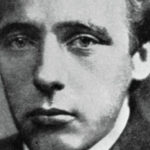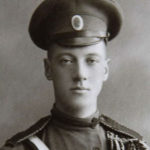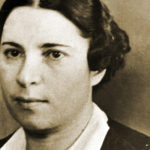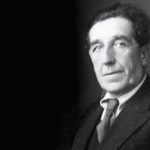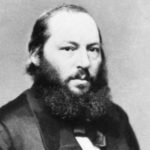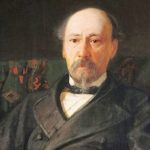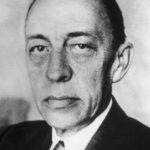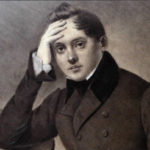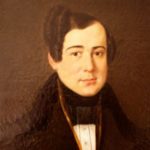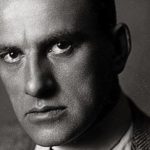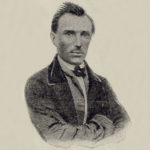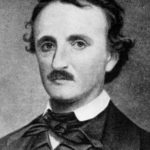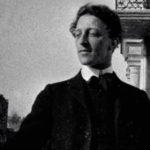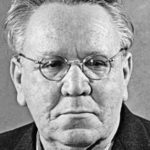Interesting facts about Sergey Yesenin
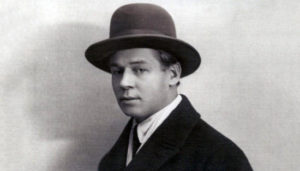 Poets of the same scale as Sergei Yesenin can be counted on the fingers. At the same time, his poems were brought to the world glory, written mainly in a melancholic mood, although Yesenin enjoyed a peculiar reputation among his contemporaries, because far from all his poems were censored today.
Poets of the same scale as Sergei Yesenin can be counted on the fingers. At the same time, his poems were brought to the world glory, written mainly in a melancholic mood, although Yesenin enjoyed a peculiar reputation among his contemporaries, because far from all his poems were censored today.
Sergei Yesenin was born in Ryazan province and graduated from the parish school in the nearest town. In the third grade, he stayed for the second year because of bad behavior.
The future “peasant poet” wrote his first poem at the age of eight.
After graduation Yesenin left for Moscow, where he worked first in a butcher’s shop, and then at a printing house. Only 2 years after his arrival in the capital, the poet first published his poems.
When Yesenin was called to the war, his friends helped him to get a designation for a military-sanitary train under the aegis of the empress.
In 1917, Sergei Yesenin fell in love with actress Zinaida Raich, and soon the couple married. The marriage lasted several years, and then the poet left his pregnant wife, who also raised their one and a half-year-old daughter. After the divorce, Reich remarried – her husband was the director Vsevolod Meyerhold, who adopted and brought up Yesenins children.
In 1922, Yesenin married with a dancer Isadora Duncan, but the family soon collapsed.
The last wife of the poet was the granddaughter of Leo Tolstoy – at that time Sophia Tolstaya was in charge of the library of the Writers’ Union. This wedding also did not make Yesenin happy, and the couple quickly dispersed.
In the last years of the poet’s life, the newspapers were full of revealing articles about him, which spoke of Yesenin’s drunkenness, fighting, and rowdyism. Unfortunately, most of this information was true.
Yesenin was a figurant of 4 criminal cases of hooliganism, in addition, the writer and his friends were accused of anti-Semitism.
Soviet officials were concerned about the position of the poet – Dzerzhinsky wanted to send him to a sanatorium to cure drunkenness, but his subordinate could not find Yesenin.
Yesenin managed to persuade to lie in a private psychoneurological clinic only to his wife. After leaving there a month later, the poet withdrew all his money from his accounts and left for Leningrad, where he settled at the Angleterre Hotel. In the fifth issue of this hotel, he was found dead. According to the generally accepted version, he committed suicide under the influence of depression.
For some time Yesenin did not eat meat.
In 1995 Yesenin was captured on the Albanian postage stamp.
Yesenin’s son from a civil union with Anna Izryadnova was shot in 1937 on a false charge: the informer claimed that the young man was preparing an attempt on Stalin.
Yesenin and another great poet, Vladimir Mayakovsky, publicly criticized each other and made pejorative remarks about the rival’s poems, not embarrassed by the expressions. At the same time it is known that both writers recognized each other’s talent.
Yesenin’s acquaintances claimed that the poet had two phobias-a fear of contracting syphilis and fear of policemen.



